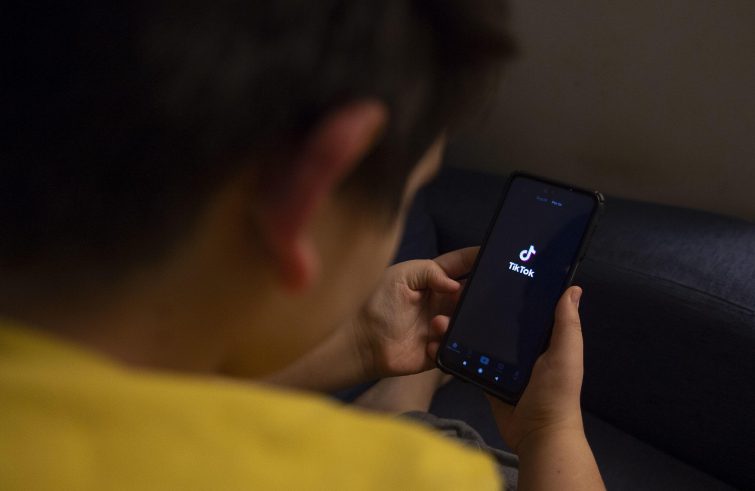
A few days ago a 10-year old girl died in Palermo, Italy, while taking part in a senseless TikTok challenge: she had to appear on video and “for fun” win the challenge of holding her breath for as long as possible with a belt squeezing her neck.
While investigations are in progress, we are all shocked by this death: whose fault is it? SIR addressed the issue with Fr Alberto Ravagnani, a young priest from Busto Arsizio, Italy, who in just a few months has become a media celebrity with his YouTube videos.
 Don Alberto, tragedies like the one in Palermo raise concerns on the danger posed by social media platforms…
Don Alberto, tragedies like the one in Palermo raise concerns on the danger posed by social media platforms…
Social profiles are like keys to the vast world of social media. A social account is an entryway to a universe with access to just anything ranging from children information to valuable content, including harmful material, pornography, fake news and life-threatening challenges.
The key in itself is not a problem, the question is whether parents consider their children responsible enough to hold the key to a boundless realm offering countless options that they can access on their own.
Do you think that the parents should be the primary recipients of digital education?
Yes, they should, although I realise that today’s adult generation is unfamiliar with social media and feels alienated from this world. Parents are sometimes unaware of what happens in these digital realms, and therefore they must be more vigilant. If a parent brings his or her child to an unknown place, they are expected to be aware of it or make the effort to accompany their child and explain the positives and negatives, and in the latter case tell them to stop.
Parents should be present in their children’s lives in order to educate them, help them grow and, if they make mistakes, be ready to protect them and support them as they get back on their feet.
In other words, like in real life…
Exactly. Parents accompany and look after their children in all their experiences: at school, during sports, when they go out with friends, at birthday parties. At that age parents are always present because a young child lacks the ability to discern, to recognise potential dangers and cope with emotionally stressful situations. A child is not even entitled to bear the consequences of his or her actions. Therefore, until a child grows into a responsible and capable person,
a parent has the responsibility of looking after and accompanying their child in his/her activities as well as in his/her digital life.
Social networks are places whose users share a large amount of personal information, and therefore entail greater risks. Children must first mature and develop their relational, emotional and intellectual potential, and only then expose their personal information on boundless social media platforms. Just as we cannot give a child a gun or a credit card, we cannot give them a social network account either. In fact, having a social account amounts to having great power, it implies having an identity. But a child’s identity is not developed enough to withstand confrontation. A child always relies on his or her mother or father. A social network profile, on the other hand, showcases a formed person, capable of responding, being accountable and interacting.
Are TikTok and other social networks to blame?
Besides the educational issue, TikTok and social networks as a whole pose a problem per se, given that these digital environments entail the risk of being exposed to negative experiences, just as it happens in real life. What should be done? Should we try to change the rules of the playground or, in the case of a child, impart all pertinent values and make children aware that they are exposed to opportunities as well as to dangers? Before changing the reality outside, we first need to change ourselves, to be aware of what we come across, sifting through everything and retaining what is good. I repeat:
a child should not even be allowed to have a social media account.
However, we have to admit that social networks are now a part of our everyday life, and we must understand that social media are real, not ‘virtual’. If social networks were disconnected from real life, if they were just abstract entities, a young girl in Palermo would not have died. So, first of all, adults, parents, institutions, and even the Church, must remember that social networks are real, they carry real risks and real opportunities. They must therefore be treated as real, taken seriously, seizing the opportunities they offer and defending ourselves against their inherent threats while stemming the challenges.
How can social media dangers be contained?
Some form of control is needed, but it must be provided by the same digital platforms or by the community. Social networks are the virtual version of reality, with all sorts of good and bad things. The negative aspects are removed as soon as they are discovered, although in many cases
they go unnoticed until someone reports them. That’s why social media community awareness is critical to ensuring that users report problematic issues. Digital education is essential to understand that social media comments carry consequences. We should all feel responsible for what we see and contribute to on social media. For example, I never came across this particular TikTok challenge, but if I had, I would have reported it as dangerous to the TikTok network.
Social media platforms rely on virtual relationships that create social communities which, in turn, should result in shared responsibility, as happens in real-life society. For instance, if I find a damaged road in my local township or I see someone dumping toxic waste, I am obliged to file a report to the competent authorities to prevent these problems from affecting the common good. The same can and should happen on social media.












